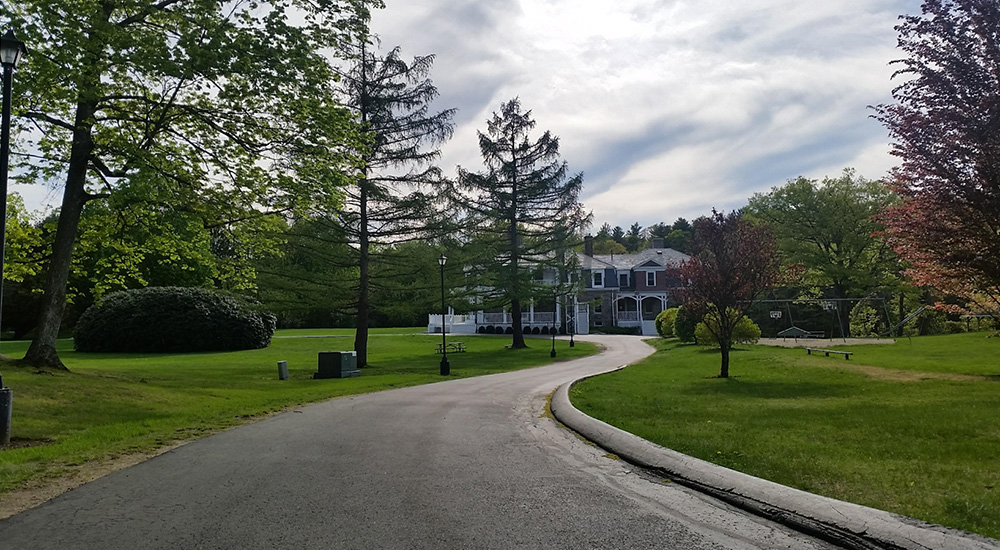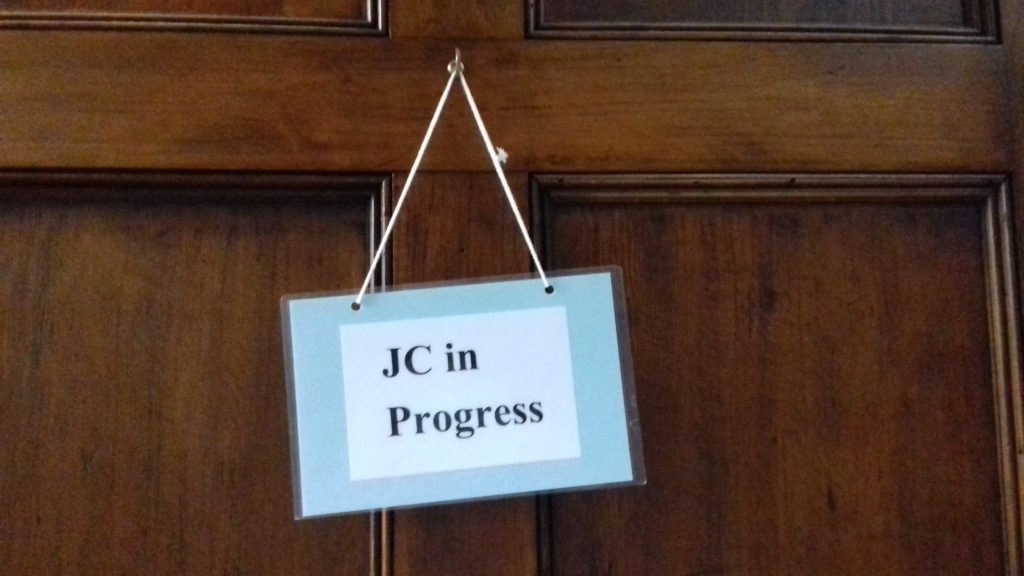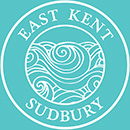This article originally appeared in the Education Now News and Review, 11, Spring 1996. It was quoted in full on pp116/117 of Meighan, R., and Harber, C. “A Sociology of Educating” London:Bloomsbury. Reproduced on our blog by kind permission of the author.
“OK You’re certified,” said the friendly twelve-year-old boy. Throughout 25 years of advocating the democratisation of schools I have often feared these words yet when they were finally delivered the context was delightful. I was visiting the Sudbury Valley School in Framingham, Massachusetts.
The introductory tour took us to the music room. As a one-time jazz musician I have a compulsion to try out musical instruments. On opening the rather beautiful grand piano my guide politely asked ‘Are you certified to do that? I don’t want to have to bring you up!’ He explained that every specialist area of the school was managed by a ‘corporation’ of students and staff who had a particular expertise and interest in that area. I needed a member of the music corporation to certify me to play the piano before I was free to play it. I asked who could do this.
“Well I can,” he said. “I’m a viola player. Play me something you love.”
Eight bars of Satin Doll later – “That’s real pretty. OK you’re certified!” He added my name to the list of the musically certified and in those few moments I learned a great deal about this truly and remarkably democratic school.
Had I not been certified I would have been brought up before the JC – Judicial Committee – for breaking one of the many school rules, all of which are agreed by the School Meeting or the specialist corporation on a strictly one person one vote basis, and all of which can be changed democratically. The JC consists of students representing different age groups and a staff member, the business being conducted by two elected clerks who are always older students.

The first thing to strike a visitor to Sudbury Valley School is that there are a lot of people around. The school is currently full with 210 students aged 4 to 19 and for the first time since its foundation in 1968 is oversubscribed with plans for extensions to the building. Yet although there is no overt adult supervision of anything the facilities are well looked after, the library is in good shape, computers work, and normally the rooms are reasonably tidy though everything is in constant use.
David Gribble of Sands School had told me that “It will feel like break (recess) when you arrive.” He was right – and it went on feeling like break for the whole fourteen days of our visit. There are no teacher organised lessons, the whole curriculum being totally generated by the students. The many rooms of different sizes do not feel like classrooms. Individuals, small and not so small groups of students are everywhere. Occasionally they are with a staff member (not referred to as teachers) working at anything from algebra to apple pie making. These tutorials/seminars are always at the request of students, either individuals or groups, and often the groups are of mixed ages. The activity will last as long as the students feel they need it. If after two sessions student interest fades no pressure at all will be exerted by staff for the ‘course’ or ‘project’ to be completed to the satisfaction of adults.
The US is mercifully free of national examinations. A state accredited school can devise its own school-leaving graduation. At Sudbury Valley this consists of a defended thesis delivered to a full school assembly of students, staff, parents and governors justifying that the student is ready to leave school and cope in the big wide world.
Of Ofsted’s assessment, recording and reporting there is no sign. There is no formal assessment of students’ work whatsoever. No records of achievement or progress are kept and no reports are made to parents. There are currently ten staff but many are part-time. Their contracts are reviewed annually and by secret ballot students decide which shall be renewed and for how many days per week. Although fees are low by US or UK standards the school is in good financial shape. Co-operation with the local Framingham Town School Board is close and supportive. Roughly half the students are ‘lifers’ who have been at the school from early choice. The other half are mostly ‘refugees’ who have previously attended the local public (state) schools with one or two having been at other local private schools. The support for the school from the many students that I spoke with during my extensive visit was total, but most impressive were the comments of some of the ’refugees.’ Bullying was mentioned by many as their main reason for transfer to Sudbury Valley.
“Does it happen here?” I asked.
“It’s just not possible,’ was the reply. “The bullies would be brought up at JC and it would just stop. If it didn’t stop the case would go to trial at the full school meeting, and if it still didn’t stop the bully would be thrown out of the school.”
“When was the last trial for bullying?” I asked. Nobody could remember. Several JC cases that I observed concerned what might have been the first stages of bullying – they were all settled amicably but firmly after very fair exploration of both sides.

The first staffer that I met from the school was Mimsy Sadofsky, one of the founders. I asked the predictable ‘school inspector’ literacy questions.
“They learn to read and write in their own good time and when they feel the need,” she said. “And nobody leaves the school unable to read and write though we have had quite a few who did not learn until they were nine or ten. Even though statistically we must have had our share of potential dyslexics, nationally around 10%, we have never had a dyslexic student at Sudbury Valley. They sort it out for themselves when they are not pressured or labelled by adults.”
I pressed Danny Greenberg, another founder staff member and the school philosopher, about what becomes of ex-students after they leave the school. He directed me to ‘Legacy of Trust’ the most recent and extensive of two longitudinal studies of Sudbury Valley alumni going back to the first intake of 1968. Virtually all have made a success of their lives in their own terms and look back to SVS as a time that truly belonged to them rather than something that was done to them by teachers or a national curriculum. It makes exciting reading!
